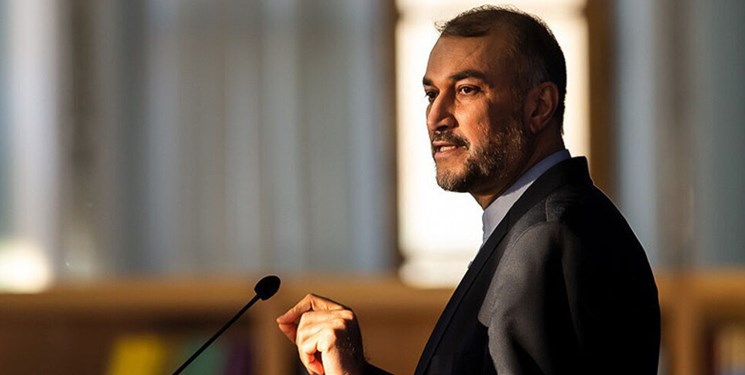
“During the meeting, Mr. Mamluk, Syria’s national security adviser, we discussed some security issues, including the Zionist regime’s aggressive military attacks on Syria,” Amir Abdollahian told reporters before leaving Damascus on Sunday.
He added that the Zionists are going too far in Syria, and naturally Damascus and the region cannot stand this situation anymore.
Amir Abdollahian had also on Saturday blasted the Zionist regime for its aggressive moves, saying that the western states’ silence on Israel’s attacks against Syria’s territorial integrity indicated the untrue nature of their claims about supporting the Arab country’s security and stability.
Amir Abdollahian made the remarks in a meeting with Syrian President Bashar al-Assad in Damascus.
He described the silence of the western organizations and governments on the Israeli attacks against Syria as an indication of their double standards.
Amir Abdollahian added that failure to seriously deal with the Israeli regime’s destructive moves and its acts of aggression shows that western governments’ claim that they are making efforts to stabilize Syria and restore security to the country, are not true.
The Iranian foreign minister said that this issue has further emboldened the racist Zionist regime to try to disrupt the situation in Syria.
The Iranian foreign minister also hailed the Syrian government and president’s efforts to strengthen the country’s national unity, territorial integrity and sovereignty.
Assad, for his part, described the top Iranian diplomat’s visit to Damascus as important under the current circumstances given the regional and international developments.
He added that a situation is unfolding in the region that will tip the balance in our favor.
Assad accused the western governments of provocative acts in Syria for the purpose of settling scores, rivalry and extracting concessions from the other sides.
The Syrian president then referred to the existing concerns and dangers in the region, saying some of these issues are mutual among regional countries and must be resolved jointly through political means and dialogue.
“We are happy that under such circumstances, the Islamic Republic of Iran is part of the political solution in the region,” Assad noted.
He added that Damascus welcomes any solution that shifts Syria away from war.







